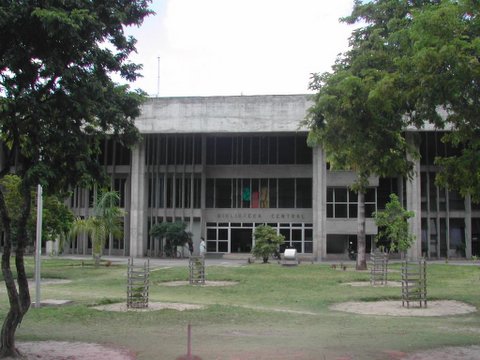LIBRARY ITINERARY “BOOK IN WHEEL”: the reading as an exercise of the citizenship route to the Learner Society’s
Abstract
Objective to investigate the contribution of the itinerary library of the project “Library Book in Wheel” in the development of informational practices or reading and in the use of informational sources and the contribution of the library science in the process of formation of citizen-readers for the construction of a Learner Society´s. The methodology track incorporates a boarding centered in the case study. The choice of the field of the research falls again on the Escola Municipal de Ensino Fundamental José Cosmo de Santana - Nesting Frei Anastácio - Conde/PB and the personages are the educators, the promoter of reading and the apprentice. Adopts yourself as instrument of collection of data the questionnaire, the participant comment, the writing and notations in daily of field. Certain ignorant in the informational practices developed in classroom for the promoter for limiting it is identified reading of texts and formative didactic use. The used sources of information lack of a dinamizing, in view of the too much use of the book. One becomes necessary to use other sources, as: magazine, film, periodical, poem etc, allowing that the informational practices they transmigreid of the traditional one (verbal exposition of texts) for a audiovisual reading. The integration process educator-librarian does not occur due the absence of this professional in the Project of the itinerary Library in question, inhibiting forming actions interdisciplinary. It is concluded that the Itinerary Library plays a social role in the seated pertaining to school community, promoting the access the books and the reading. However, the performance is perceived that in the teach-learning process to interdisciplinary between educator and educational and cultural librarian as agents, will be able to contribute, excessively, for the promotion of informational practices polissemic of reading, use of diverse sources and, consequence construction of the citizenship and formation of citizen-readers. The librarian, informational expert of sources and resources will be able to complement and to interact with the educator, expert of the informational necessities of its apprentice, propitiating practical forming of a Society guideline in the learningDownloads
Download data is not yet available.
Downloads
Published
2005-06-30
Issue
Section
Articles













